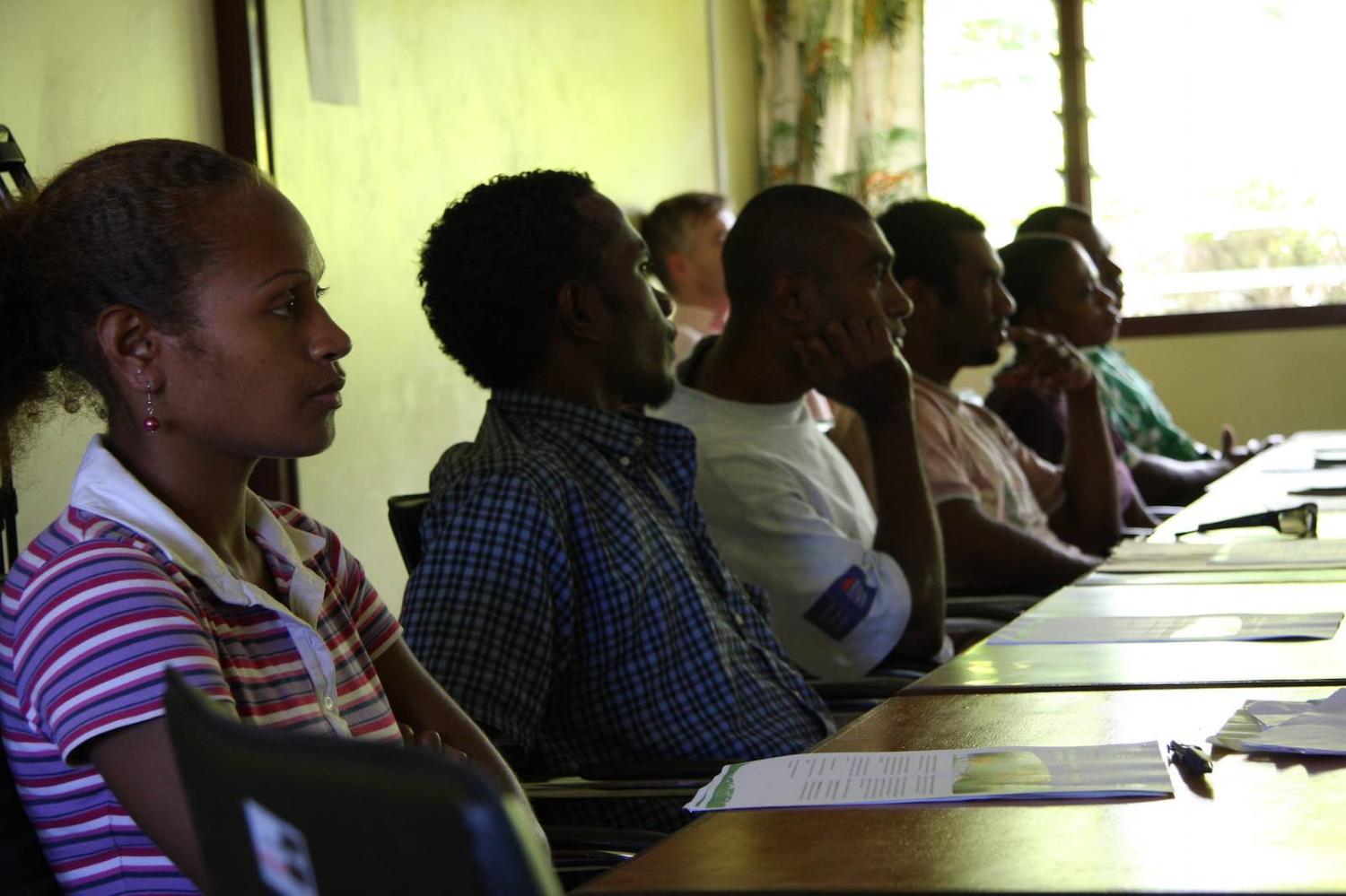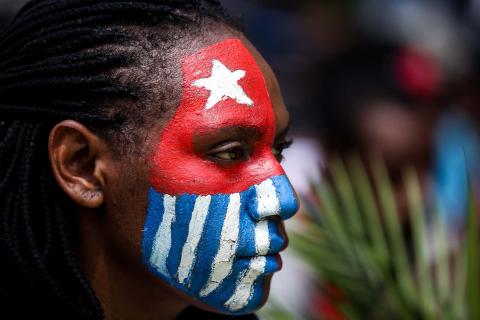As borders close and globalisation contracts, consider the impact on the Pacific Island neighbours. Many countries in the region rely on labour mobility, with workers sent to Australian and New Zealand to help with fruit picking and work in regional areas. Workers on these schemes send around A$9,000 back to their families, the equivalent of three years wages in many countries.
Remittances such as these are vital to support countries with limited domestic industry. In Samoa, remittances make up around 18% of GDP, the equivalent of the manufacturing, agriculture, and mining industries combined for Australia. In Tonga, where remittances makes up 40% of GDP, the Australian seasonal work program alone is larger than aid plus trade.
Labour mobility is managed under the aid program and considered a win-win for Australian and New Zealand businesses struggling to have reliable seasonal employment. It provides greater agency to the most aid-dependent region in the world.
These programs were conceived in a world where Pacific Islanders could fly from their homes to Australia and New Zealand. Covid-19 has changed that world, at least for the short-term.
Countries all across the Pacific have declared a state of emergency, some lasting months. Flights have practically ceased. This slow-down greatly affects Pacific countries reliant on imports, tourism, and revenue from labour mobility.
The Australian government has responded, announcing on it would extend visas for Pacific Islanders already working on labour mobility programs by up to 12 months. New Zealand has extended temporary visas to late September. These arrangements will be a bonus for employers, enabling them to cover the next harvesting season and maintain experienced workers.
Both countries have barred all visa holders and hence future workers from entry. Pacific countries are also reluctant to send workers until it is safe to do so.

Extra income from extended visas will be welcomed by many workers. Interviews with returned workers in Samoa last month found many appreciated opportunities for extended deployments so they could send more money back to their families. Unsurprisingly, families of workers are worried about safety for those in countries with higher rates of Covid-19 than at home.
Horticulture work is physically exhausting and there is the very real risk of injury or illness restricting the ability for workers to continue indefinitely. Care must also be taken to ensure workers are still looked after and have sufficient income if they contract Covid-19.
If businesses stop operating, workers will be in the position where they are ineligible for welfare and unable to return home. This may be inevitable for hospitality workers in remote areas.
For businesses that continue operating, as many horticulture businesses should, there are practical challenges: colder weather and relocation to other farms. Workers are uncertain when they will be able to see their families again.
Vulnerable workers are at risk of exploitation, underpay, and modern slavery conditions. Given recent levels of uncertainty and the lack of other options, workers are particularly susceptible. Workers, their families and Pacific governments need greater transparency about health insurance coverage, worker obligations to particular employers, and what support and care is available in uncertain times.
If businesses stop operating, workers will be in the position where they are ineligible for welfare and unable to return home. This may be inevitable for hospitality workers in remote areas.
Pacific leaders met remotely on last week to discuss responses to Covid-19, with the Secretary General of the Pacific Islands Forum proclaiming: “If ever there was a time where the region and its partners needed to work together… it is now.”
Australia and China are providing resources to scale up health facilities, but as even the wealthiest of countries are struggling, greater support may be required. The economic implications of this crisis are still being understood, and it will undoubtedly ripple across the Pacific where many countries are in lockdown.
Stimulus spending across the Pacific will be at a much smaller scale than seen in the West. Samoa has announced a US$23 million package. Vanuatu and Fiji, which are also responding to Tropical Cyclone Harold, have announced packages of US$32 million and US$400 million respectively.
Labour mobility can complement these packages, getting cash into people’s hands. A practical way to assist is to support workers with sending money back to their families right now when it’s most needed. Before the current crisis, nearly two-thirds of the money sent back from workers was once they’ve returned either from cash or ATM withdrawals at the airport.
There is already evidence that less money is flowing back to workers’ families. Financial services in Samoa have warned there is a significant drop in remittances received since the Covid-19 outbreak. Local families are either going without or relying on credit from village retail shops until they receive money again.
The service provided by Australia and New Zealand to assist in sending money back needs a more personalised approach. Workers have limited online financial literacy and, in many cases, limited English. Those in horticulture have restricted movement in New Zealand and are often in remote areas of Australia.
Governments need to explore safe ways with reasonable precautions to continue bringing Pacific Islanders to work particularly in horticulture throughout Covid-19. If the Pacific really is to be considered family, continuing labour mobility and finding solutions through this crisis must be front of mind.


